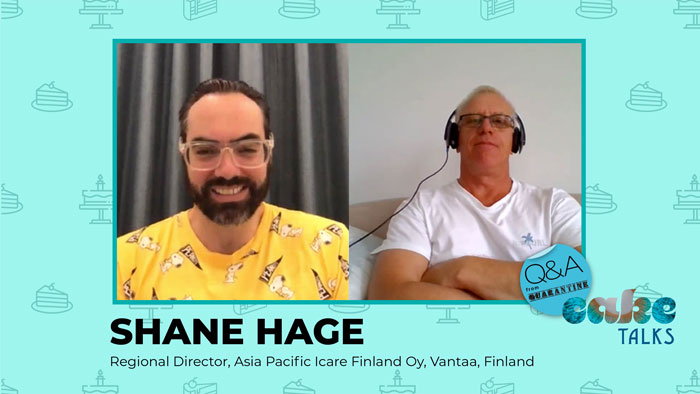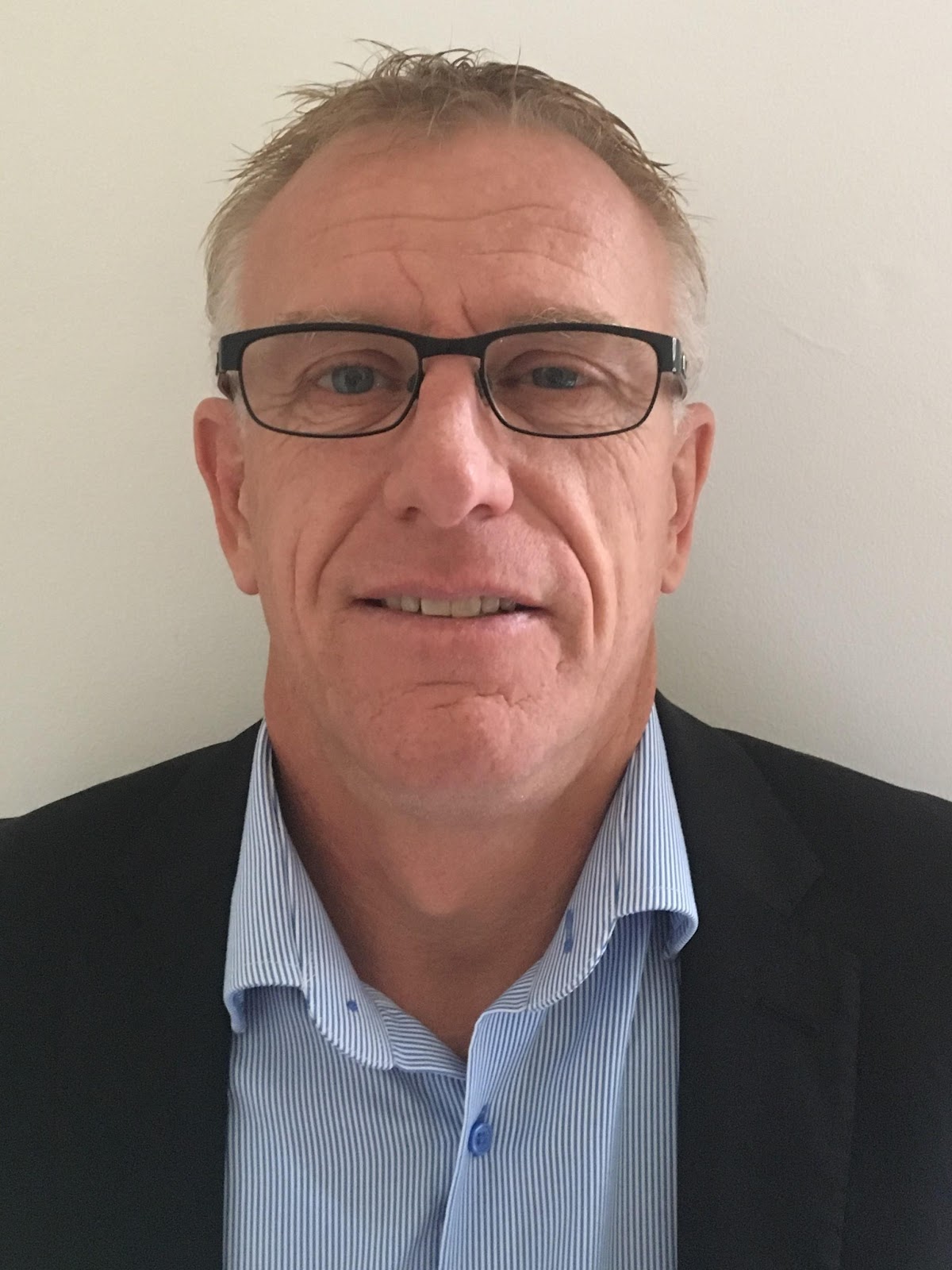We could all do with some good news right now. Clinics are shuttered, patients remain in lockdown limbo and we can’t attend any awesome conferences to meet the wonderful folk of ophthalmology.
We can’t very well start posting pictures and videos of puppies in a bid to cheer everyone up… we’re pretty sure that’s what YouTube is for. However, there is non-canine related good news out there, and even the coronavirus — the darkest of clouds — has some silver linings for the ophthalmology industry.
Good news during coronavirus: Is that not blasphemy… or heresy? Well certainly, there’s a lot of bad news out there. Coronavirus’s impact on ophthalmology has been felt most acutely in frontline clinics that are now closed to maintain social distancing. Most procedures can’t continue and many clinics are struggling to cover their employee’s wages.
In countries like Ireland and the United Kingdom, private healthcare facilities have been temporarily nationalized. While the vast majority of clinicians have welcomed the government’s actions, no end date has been announced for a return to normal. This is severely impacting revenue.
Improvise. Adapt. Overcome.

The negative effects of the pandemic are clear and easy to see. The positives are a little less apparent. The coronavirus heralds sweeping change for the ophthalmology industry.
Manufacturers of ophthalmological equipment are continuing to receive orders, however as most orders were made before the coronavirus’s true impact was felt, the long-term picture is uncertain. Manufacturers report declining sales exacerbated by social distancing rules. Simply put, there is less need for new equipment when there are fewer patients.
Some pharmaceutical companies are continuing to post healthy profits as demand for drugs continues. However, this is due a rise in pharmaceuticals required for the wider medical industry, and is not directly related to ophthalmology.
The question facing most ophthalmological companies at the moment is twofold. Firstly, can they weather the immediate storm of coronavirus? Secondly, can they adapt to the market created both during the coronavirus time — and the market that will exist when the pandemic eventually passes?
Steadying the Ship in the Storm

Icare is weathering the storm as well as any salty sailor. The ophthalmological equipment manufacturer is a specialist in tonometry, a standard procedure which is now “on-hold” in most clinics due to social distancing rules. However, for Icare, this presents opportunity, rather than difficulty.
Icare’s unique concept for self-monitoring is proving wildly popular as the Icare HOME tonometer makes it possible for the patients to measure their eye pressure at home and to transfer the results to the health care provider, thus circumventing the need for social distancing. All Icare tonometers use disposable probes, ideal for social distancing conditions, and the company has experienced a threefold increase in demand, particularly in Japan and the United States.
According to the company’s Regional Director for Asia-Pacific Shane Hage, this increased demand is setting up his company for the future.
At the End of the Storm There’s a Golden Sky

Mr. Hage recognizes the difficulty facing many ophthalmologists and optometrists, but he believes innovation is the best solution for the industry. According to Mr. Hage, companies should lean in and adapt to present circumstances to meet new business models and markets, as Icare has done with its HOME tonometer.
“Smart people who utilize this time and reinvent themselves probably will create new business models to add value to customers,” Mr. Hage said.
“In optometry, going away from lenses and frames, to focusing on healthcare is a business model people should look at,” he said.
Icare’s two new products have recently reached its U.S. market. The first is the CenterVue DRSplus confocal fundus imaging system, described as “a new effective and efficient standard in retinal imaging.” The system uses white LED illumination and Confocal Technology to produce TrueColor high quality images, which allows doctors to view detailed 45-degree retinal images, as well as panoramic 80-degree images using the Mosaic function.
The second new product is a handheld rebound tonometer, Icare ic200. The next generation tonometer Icare ic200 allows measuring in various positions: it is possible to measure sitting, supine and elevated patients. The measurement can be done without anesthetic drops, air puffs or specialized skills, which is another welcome move to simplify testing during the pandemic.
Coronavirus will continue to have a tremendous impact on all areas of ophthalmology but there is good news. Icare’s strong financial performance illustrates how ophthalmology companies can adapt and survive — and even thrive — in these adverse conditions. The company is continuing to train new staff online and is actively looking to hire.
Mr. Hage adds that we should all remember that the crisis will eventually end and that ophthalmology isn’t going anywhere.
“From an ophthalmology point of view, business will have to go back to normal because patients will still need care,” Mr. Hage said.
Editor’s Note: Icare Finland is a Finnish Medtech company focused on screening, early intervention and ongoing management of chronic diseases. At Icare, one of the focus areas is improving the wellbeing of glaucoma patients, suspects and first degree relatives to ensure quality of life is maintained by providing tools that are innovative, accurate and patient friendly. The company has designed devices to cover all aspects of IOP management for everyone, anytime, anywhere.




